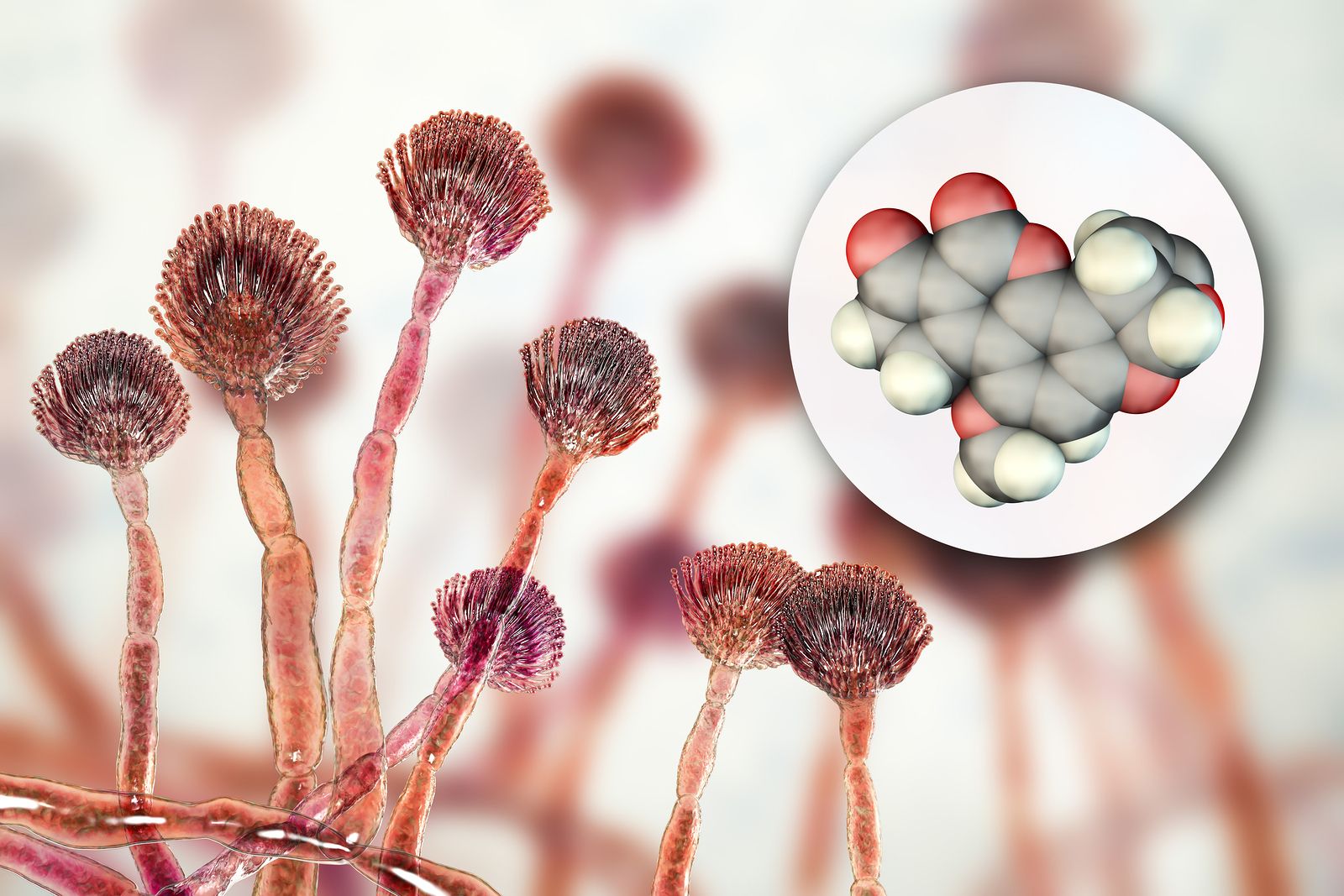
Oncogenes are genes that have the potential to cause cancer. They play a crucial role in cell growth and division. When these genes mutate or are expressed at high levels, they can transform normal cells into cancerous ones. Understanding oncogenes is vital for developing targeted cancer therapies. These genes can be inherited or acquired through environmental factors like radiation or chemicals. Scientists have identified several types of oncogenes, each with unique functions and mechanisms. Some well-known examples include RAS, MYC, and HER2. By studying these genes, researchers aim to find new ways to diagnose, treat, and prevent cancer.
What Are Oncogenes?
Oncogenes are genes that have the potential to cause cancer. They play a crucial role in cell growth and division. When these genes mutate, they can lead to uncontrolled cell proliferation.
- Oncogenes are derived from normal genes called proto-oncogenes.
- Proto-oncogenes are involved in normal cell growth and division.
- A mutation in a proto-oncogene can convert it into an oncogene.
- Oncogenes can be activated by various mechanisms, including point mutations, gene amplification, and chromosomal translocations.
- The term "oncogene" was first coined in the 1970s.
- Oncogenes can be inherited or acquired during a person's lifetime.
How Oncogenes Cause Cancer
Oncogenes contribute to cancer by promoting uncontrolled cell growth. This section explains the mechanisms by which oncogenes can lead to tumor formation.
- Oncogenes can cause cells to divide uncontrollably.
- They can inhibit normal cell death (apoptosis), allowing cancer cells to survive longer.
- Oncogenes can lead to the formation of tumors by promoting angiogenesis, the growth of new blood vessels.
- They can also disrupt normal cell signaling pathways.
- Some oncogenes can make cancer cells more resistant to chemotherapy.
- Oncogenes can interact with other genetic mutations to enhance cancer progression.
Examples of Well-Known Oncogenes
Several oncogenes have been extensively studied and are well-known in the field of cancer research. Here are some of the most significant ones.
- The RAS gene family includes some of the most commonly mutated oncogenes in human cancers.
- The MYC gene is involved in many types of cancer, including breast and lung cancer.
- HER2 is an oncogene that plays a role in certain types of breast cancer.
- The BCR-ABL fusion gene is associated with chronic myeloid leukemia (CML).
- The EGFR gene is often mutated in non-small cell lung cancer.
- The ALK gene can be involved in lung cancer and lymphoma.
Detection and Diagnosis of Oncogenes
Detecting oncogenes is crucial for diagnosing and treating cancer. Various techniques are used to identify these genes in patients.
- Polymerase chain reaction (PCR) can be used to detect specific oncogene mutations.
- Fluorescence in situ hybridization (FISH) is another technique for identifying oncogene amplifications.
- Next-generation sequencing (NGS) allows for comprehensive analysis of multiple oncogenes at once.
- Immunohistochemistry (IHC) can detect the presence of oncogene proteins in tissue samples.
- Liquid biopsies can identify oncogene mutations in blood samples.
- Early detection of oncogenes can improve treatment outcomes for cancer patients.
Treatment Targeting Oncogenes
Targeted therapies have been developed to specifically inhibit the activity of oncogenes. These treatments can be more effective and less toxic than traditional chemotherapy.
- Tyrosine kinase inhibitors (TKIs) are drugs that target specific oncogenes, such as EGFR and BCR-ABL.
- Monoclonal antibodies can target oncogene proteins on the surface of cancer cells.
- Small molecule inhibitors can block the activity of oncogene proteins inside cells.
- Gene therapy aims to correct or silence mutated oncogenes.
- Combination therapies can target multiple oncogenes simultaneously for a more effective treatment.
The Power of Oncogenes
Oncogenes play a crucial role in cancer development. These genes, when mutated, can turn normal cells into cancerous ones. Understanding oncogenes helps researchers develop targeted therapies, improving treatment outcomes. Scientists have identified several key oncogenes, like RAS, MYC, and HER2, which are often involved in various cancers.
Research continues to uncover new oncogenes and their mechanisms, offering hope for better cancer treatments. By studying these genes, scientists aim to create more effective and personalized therapies, potentially saving countless lives.
Staying informed about oncogenes and their impact on cancer can empower individuals to make better health decisions. Knowledge is power, and in the fight against cancer, understanding oncogenes is a vital weapon. Keep learning, stay curious, and support ongoing research to help combat this disease.
Was this page helpful?
Our commitment to delivering trustworthy and engaging content is at the heart of what we do. Each fact on our site is contributed by real users like you, bringing a wealth of diverse insights and information. To ensure the highest standards of accuracy and reliability, our dedicated editors meticulously review each submission. This process guarantees that the facts we share are not only fascinating but also credible. Trust in our commitment to quality and authenticity as you explore and learn with us.


